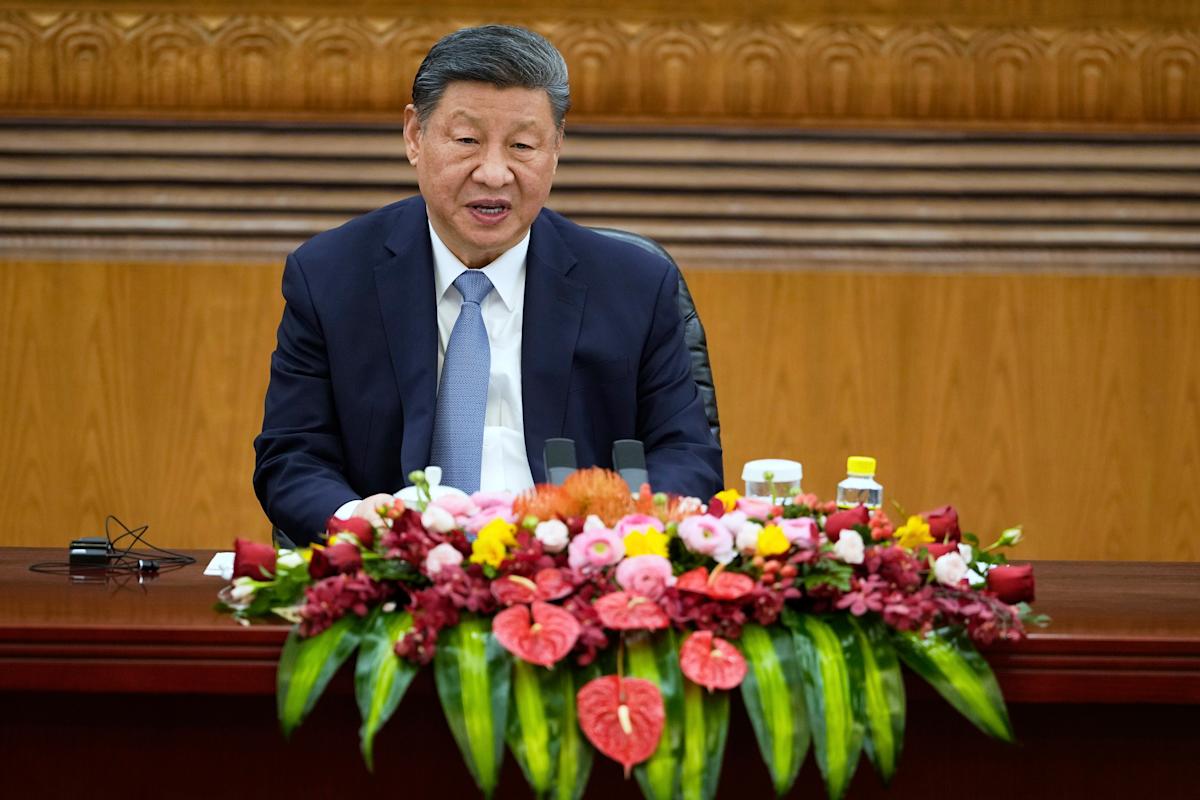Inside Beijing's Playbook: How Trump's Pressure Points Could Reshape US-China Relations

When market turbulence threatened to derail the U.S. economy, President Trump's resolute trade war stance suddenly seemed to waver. As stock prices plummeted toward bear market territory and credit markets began to show signs of stress, the administration's aggressive trade posture unexpectedly softened.
China was undoubtedly watching closely, keenly observing the moment of hesitation. The sudden shift revealed a potential vulnerability in Trump's negotiating strategy, suggesting that economic pressure could indeed influence the administration's hardline approach to international trade relations.
The markets' tremors appeared to penetrate the White House's typically unyielding trade war narrative, hinting at the delicate balance between economic brinksmanship and financial stability. For Beijing, this moment represented more than just a market fluctuation—it was a strategic insight into the potential limits of Trump's trade confrontation.
As investors held their breath and global markets watched intently, the episode underscored the complex interplay between political rhetoric and economic reality. China, ever strategic, took note of every nuanced signal, understanding that moments of uncertainty could be leveraged in the ongoing trade negotiations.
